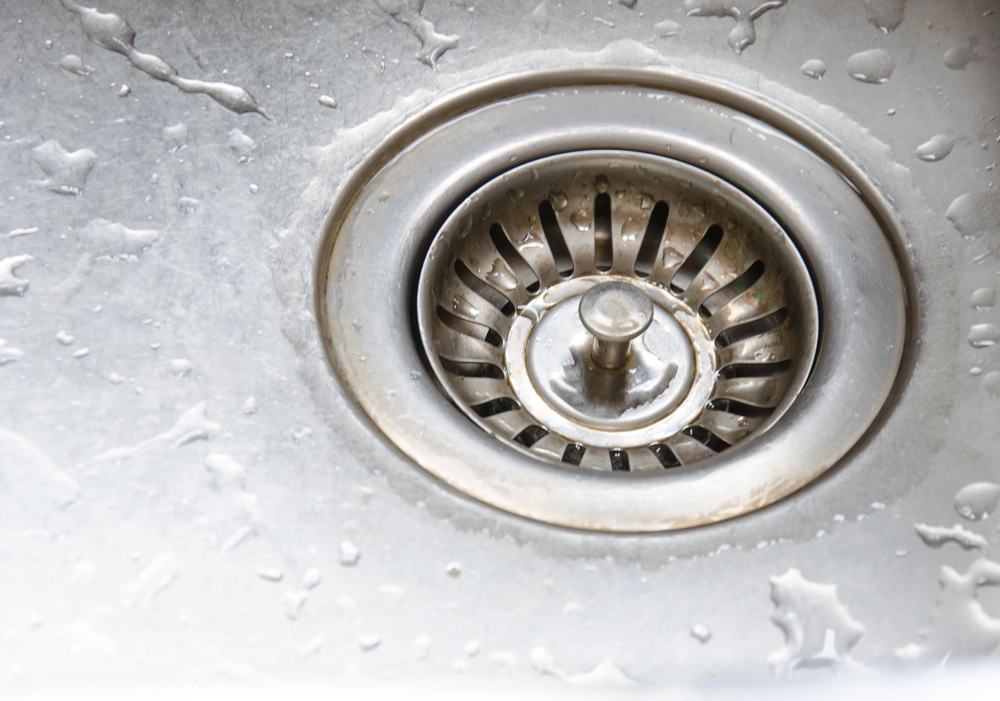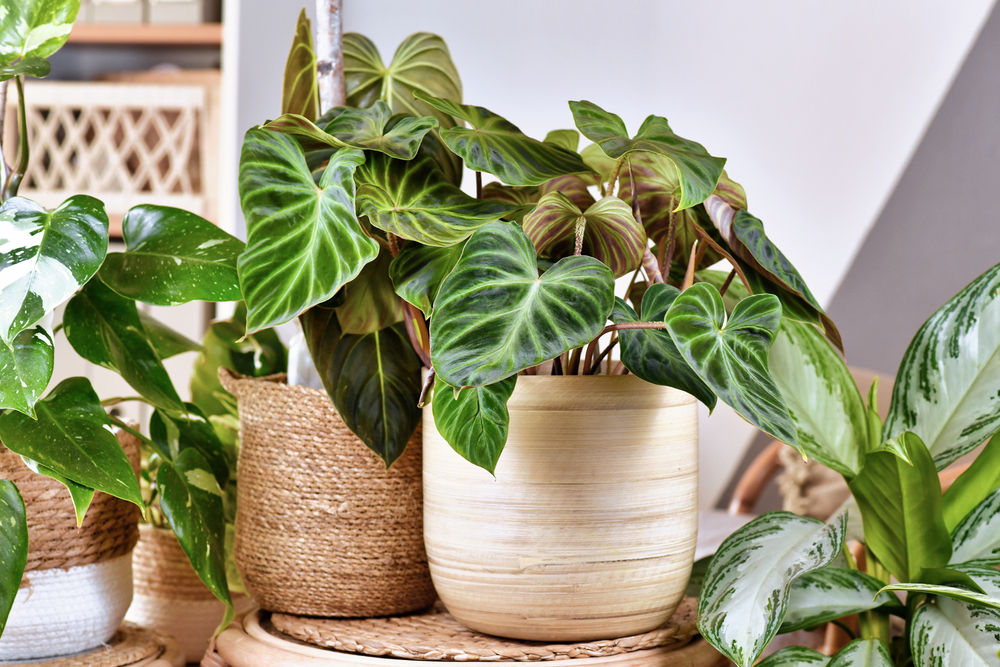
Your home environment can have a profound effect on your physical and mental health. So whether you are a homeowner or a renter, you’ll want to improve your space to create a happy, healthy home. Follow these steps, and you can make it can be the best it can possibly be!
How can your home environment affect your health?
There are many ways that the condition of your home can impact your health. For example, “Poor indoor air quality can contribute to symptoms ranging from eye, nose, and throat irritation to chronic conditions,” like asthma. This, coupled with the build-up of dust and other allergens, means that a messy home can weaken your immune system, even making you more susceptible to illness.
Even worse—when you fail to tidy up your home frequently, it’s more likely you’ll get pest infestations, bugs and insects like spiders and mosquitoes—which can, for obvious reasons, lead to serious health repercussions, as well as making your home a less pleasant space to be.
In addition, home maintenance issues can negatively affect your mental health, with clutter being a key culprit.
Top Tips for Maintaining a Happy, Healthy Home

Fortunately, there are several easy steps you can take to maintain a happy, healthy home. Read on to find out more!
1. Don’t delay when it comes to dealing with maintenance issues. The sooner you respond to potential maintenance issues within your home, the better. That’s because not taking care of them may let them get worse, affecting your health even more or even diminishing your home’s value. So try to identify and respond promptly to maintenance issues and fixes that should be taken care of ASAP.
Inspect both the interior and exterior of your property. Even seemingly minor issues, such as a missing roof shingle, can lead to much larger problems, such letting water leak into your home.
When tackling home maintenance, it’s easy to overlook your plumbing until a serious clog appears. While hydro jetting is often associated with commercial buildings, it can be incredibly effective for residential use as well. It uses high-pressure water to blast away years of grease, soap scum, mineral build-up, and other debris from your pipes. Unlike traditional snaking methods, hydro jetting thoroughly cleans the entire pipe, reducing the likelihood of future blockages. It’s especially useful for homes with older plumbing systems or recurring drain issues.
If you’ve tried plunging or store-bought drain cleaners with little success, it may be time to call a professional for help. Keeping your pipes in good shape is just as important as maintaining your roof or HVAC, and it can prevent costly repairs and water damage down the line.
2. Protect your home from pests. Pests, such as bugs and insects, are not only unpleasant to deal with, but can also carry a host of diseases, so finding ways to protect your home from them is crucial. The best way to do so is to take a proactive approach, such as by buying mosquito control products like residual insecticides, which can create a protective barrier around your property, keeping unwanted critters out!
It make sense to get to know the potential warning signs of an infestation so you can respond to one, should it happen, as quickly as possible.

3. Spend ten minutes each night decluttering. As mentioned above, clutter can hinder both your physical and mental health. For example, clutter can mask or cover-up serious maintenance issues, such as dampness and mold. It can also allow allergens, such as dust, to build up within your home. You can easily remedy this by spending at least ten to fifteen minutes each night decluttering so you can stay on top of clutter, allowing you to clean your home’s surfaces more easily—the fewer things you have to dust around, the better! Clearing your home’s surfaces will also help you to keep your home organized.
4. Ensure your home is well-ventilated. Ensuring that your home gets fresh air and is well ventilated is also critical. For the most part, you can achieve this simply by opening your windows now and then so air can flow in; also make sure that your HVAC unit is well-cared for and maintained.
5. Test your alarms regularly. Smoke detectors and carbon monoxide alarms can save your life in an emergency—but only if they are in good working order. So test your alarms frequently to confirm that they’re functioning and replace the batteries when needed; you may want to replace them every six months or so to make sure they don’t run out.
While this may seem fairly obvious, 22% of homeowners admit to never testing their smoke alarms. Do not be part of this demographic!
6. Keep your home clean. Keeping your home tidy can help you provide a healthy and happy space for your family. You don’t have to spend every free minute cleaning up; even just spending fifteen minutes a night cleaning can make a huge difference. Alternatively, you could focus on just one room each night. This way, you’ll stay on top of things without feeling overwhelmed.
But you shouldn’t have to take care all of the housework yourself. Such around-the-house chores can be shared by everyone in your home. For example, your children can help with age-appropriate tasks, such as putting away their toys after playtime or wiping down surfaces. You can delegate who will do which task by creating a chores chart that everyone can easily refer to.

7. Decorate with houseplants. Not only do houseplants add a perfect finishing touch to your home, but they can also be good for your mental and physical health. For example, one study found that houseplants can reduce fatigue between 20 and 25%—which is great news if you struggle to get enough sleep. Plants can also help improve indoor air quality.
In addition, taking care of plants can be a fun hobby and a stress-reduce and anxiety reliever, too. So if you are looking for an excuse to get a new houseplant, this is it!
8. Know your limits when it comes to DIY. While DIY maintenance can be incredibly effective, you can do damage to your home if such repairs are above your skill level—don’t hesitate to call in a professional when needed! This can ensure that the task is completed to a high standard.
Final thoughts. Maintaining a happy, healthy home can let you live your best life! Take good care of your home, and it will repay you with a clean and comfortable space to enjoy with your family and friends.
Discover more from momhomeguide.com
Subscribe to get the latest posts sent to your email.
[…] house shouldn’t become a hindrance. The majority of older adults prefer to remain in their own homes, surrounded by familiarity, and occasionally, brief modifications to their homes need to be made in […]